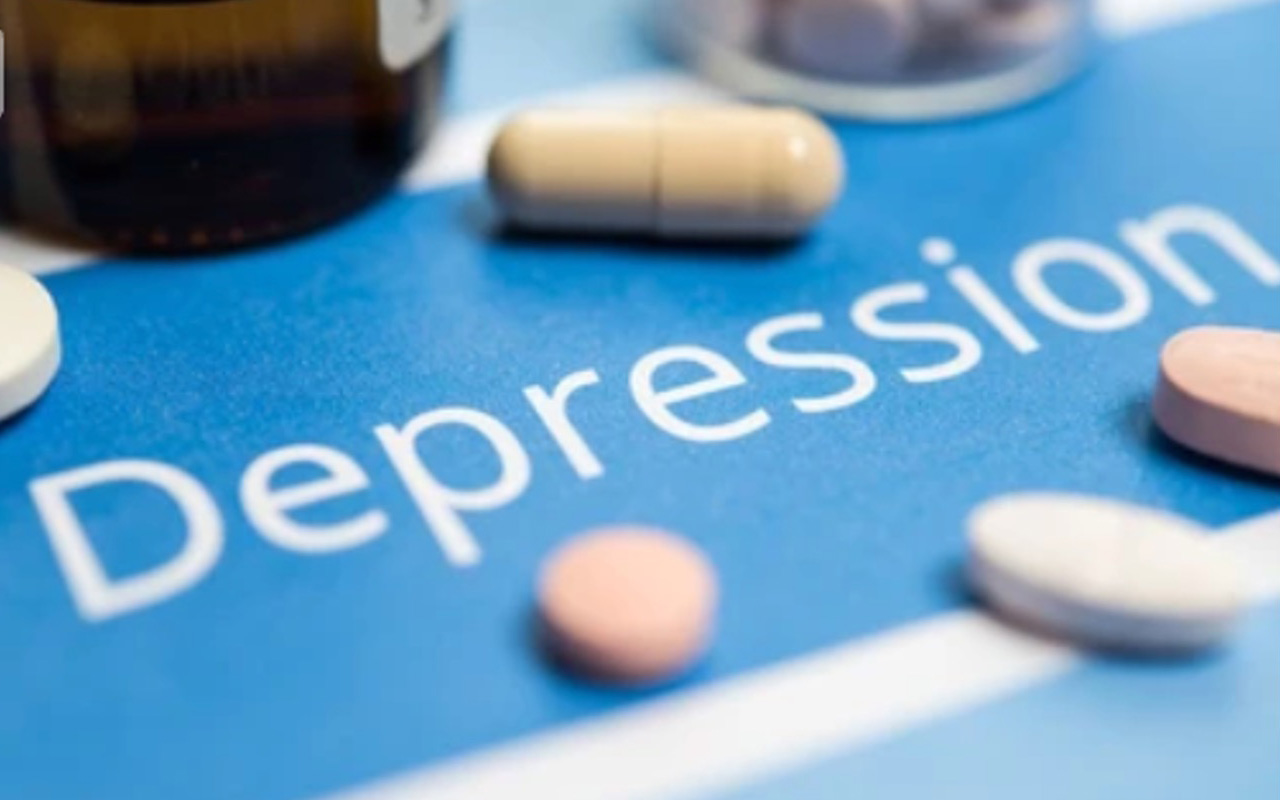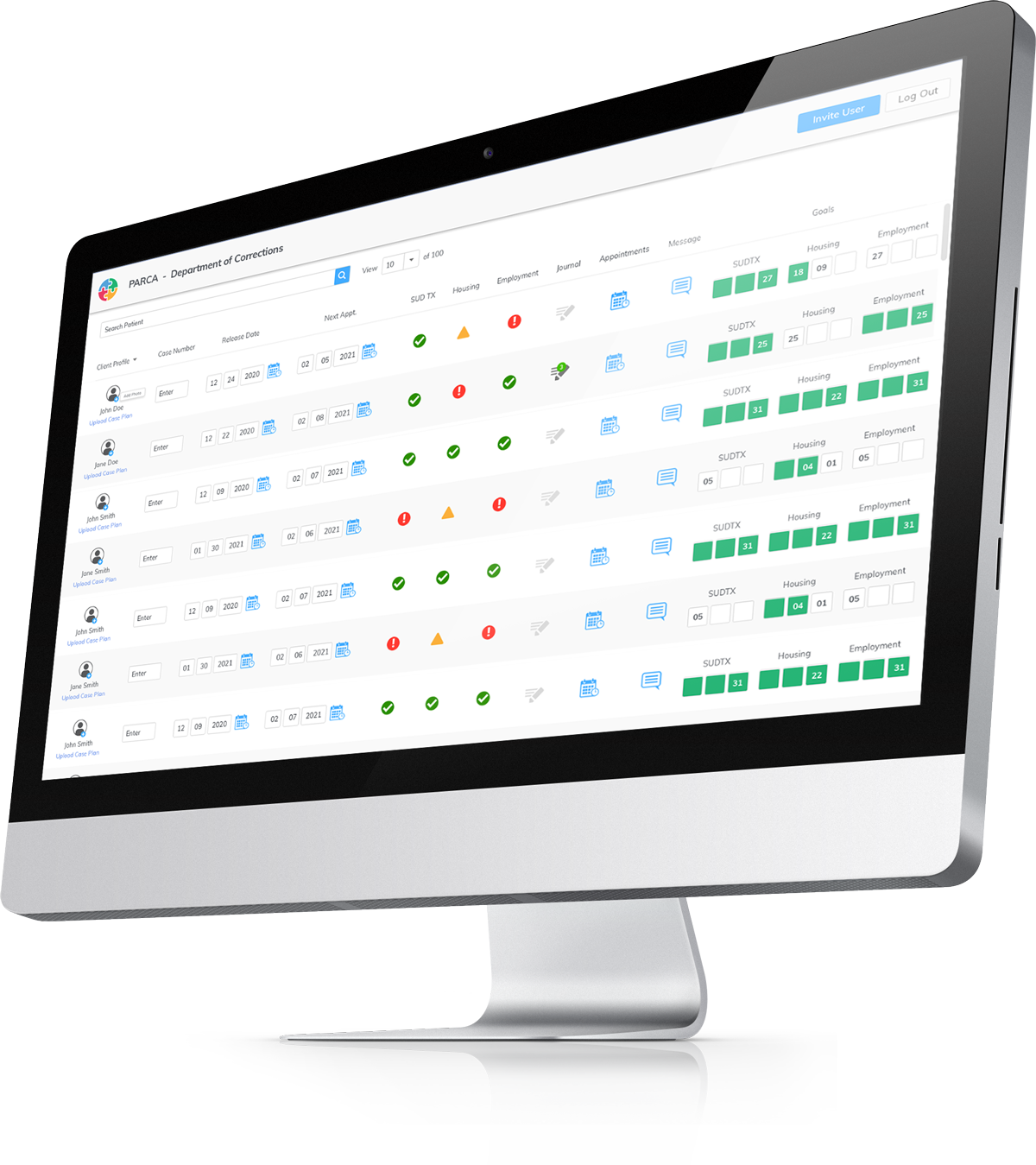Leveraging Technology and Incentives to Tackle Depression Care

Depression is a major contributor to mortality, morbidity, disability, and economic costs in the United States. In 2021, 8.3% of US adults, or about 21 million people, had at least one major depressive episode (MDD), resulting in an economic burden of $ 382.4 billion. Medication nonadherence is high, around 50%, with high rates of unfilled scripts and treatment dropout.
The Challenges of Managing Depression
Depression is a chronic condition that often requires long-term treatment, making consistent adherence to therapy or medication crucial. However, patients often face numerous barriers to following through on their treatment plans:
- Lack of motivation: Depression itself can reduce motivation, making it difficult for individuals to engage in activities like taking medication, attending therapy sessions, or practicing self-care routines. Even simple tasks can feel overwhelming.
- Symptoms of depression: The very nature of depression—persistent feelings of sadness, hopelessness, and low energy—can lead to non-adherence to treatment plans. For example, patients may skip therapy appointments or forget to take their medication because they don’t feel the energy to do so.
- Stigma: Mental health conditions, including depression, can be heavily stigmatized, which may discourage patients from seeking help or continuing with their treatment. The fear of being judged can create a sense of isolation, which further exacerbates the condition.
- Lack of immediate feedback: Unlike physical illnesses, the benefits of managing depression may not be immediately visible. As a result, patients may struggle to see the progress they’re making, leading to discouragement and disengagement.

Given these challenges, a major question remains: How do we keep individuals engaged in their treatment and motivated to persist, especially when depression itself makes everything feel more difficult? Technology-based incentives may hold the key.
The Power of Technology in Depression Care
Over the past decade, the rise of digital health technologies has transformed how we approach mental health care. From mobile apps and teletherapy platforms to wearable devices that track mood and physical activity, technology now plays a central role in helping individuals manage depression. These digital tools offer various benefits, including:
- Real-time monitoring: Apps and wearables can track mood, sleep patterns, physical activity, and other relevant metrics. This allows patients and healthcare providers to get a clearer picture of how the individual is progressing and where interventions may be necessary.
- Teletherapy: Virtual therapy platforms and telemedicine make it easier for individuals to access professional support without the barriers of travel or wait times, allowing for more frequent check-ins and a consistent treatment plan.
- Personalized care: AI-driven tools and algorithms can offer personalized recommendations based on an individual’s specific needs, mood patterns, and progress. These tools can suggest exercises, coping strategies, or changes to the treatment plan that can enhance outcomes.
- Behavioral interventions: Some apps incorporate behavioral techniques, such as cognitive-behavioral therapy (CBT), mindfulness exercises, or mood tracking, helping individuals develop skills to manage negative thoughts and feelings.

However, despite these advancements, motivation remains a critical obstacle. This is where CMI’s incentive-based technology is particularly effective. By using rewards to encourage engagement with treatment, CMI’s platform helps individuals overcome the inertia caused by depression and foster more consistent adherence to their treatment plans.
How Incentive-Based Technology Works
CMI’s Incentive-based technology for depression management operates through a mobile app and digital health platform that tracks an individual’s engagement with treatment and delivers rewards for positive behaviors. These behaviors might include attending therapy sessions, taking medication as prescribed, engaging in physical activity, or completing mood-tracking exercises. For Example:
Tracking adherence:
CMI’s platform tracks adherence to medications, therapy sessions, and other treatment goals. When patients meet specific milestones (e.g., attending therapy sessions or completing daily mood logs), they earn rewards.
Behavioral nudges:
Behavioral psychology is central to incentive-based technology. For example, CMI’s platform sends reminders or motivational messages to patients who have missed doses of medication or skipped a therapy appointment. These nudges can be reinforced with rewards.
Social support and community engagement:
CMI’s platform can incorporate social elements, allowing users to connect with others who are also managing depression. This creates a sense of camaraderie and accountability. Additionally, users may earn rewards for participating in community support activities, such as attending group therapy sessions.
Healthcare provider involvement:
CMI’s platform enables healthcare providers to monitor patient progress and provide reinforcement directly. This can include offering incentives such as additional support or positive feedback when a patient meets key goals, fostering a sense of partnership in the treatment process.
The Benefits of Incentivizing Depression Management
Increased Engagement
CMI’s technology provides immediate, positive reinforcement, which motivates individuals to stay engaged in their treatment plan. Studies have shown that small, consistent rewards can significantly increase engagement and adherence. In the context of depression, the motivation provided by incentives can counteract the lack of energy and interest that often accompanies the condition.
Improved Mental Health Outcomes
By motivating patients to engage with their treatment plan consistently, technology with incentives can improve mental health outcomes. Regular participation in therapy, medication adherence, and self-care behaviors (such as physical activity and healthy sleep) can help stabilize mood, reduce symptoms, and improve overall well-being.
Building Positive Habits
Incentives can help individuals develop healthier, more consistent habits. Over time, the reinforcement from rewards encourages patients to establish a routine of self-care, even on days when they may feel low. These positive habits, such as taking medication regularly, practicing mindfulness, or getting enough exercise, can become ingrained and continue long after the reward system ends.
Reducing Stigma
CMI’s Incentive-based platform promotes transparency and reduces the stigma around mental health treatment. Patients feel less isolated when their progress is recognized and rewarded. Furthermore, rewards can help shift the focus from a “treatment” model to one that emphasizes positive, reinforcing behaviors, which can combat feelings of shame or failure.
Cost-Effective Mental Health Support
Incentive-based technology can reduce the long-term costs associated with mental health care by preventing relapses, reducing hospitalizations, and decreasing the need for intensive care. By keeping patients on track with their treatment plan and improving adherence, CMI’s technology can lower the need for expensive interventions.

The Future of Incentivized Depression Management
As our technology continues to evolve, the potential for incentive-based depression care is vast. CMI’s future developments include even more personalized approaches using advanced artificial intelligence and more robust social support features. We are developing our incentive systems to become even more dynamic and responsive, adapting in real-time to a patient’s progress and challenges.
Incorporating CMI’s technologies into mainstream healthcare systems opens doors to more accessible and affordable mental health care, especially for individuals who may not have access to traditional in-person therapy or who face financial or geographical barriers to care.
CMI’s Incentive-based technology for managing depression represents a promising innovation in mental health care. By combining real-time tracking, behavioral nudges, and positive reinforcement, our platform encourages individuals to engage with their treatment plans and build long-lasting habits that can improve their mental health. Through consistent adherence, patients are more likely to experience better outcomes, reduced symptoms, and a higher quality of life. As our technology continues to evolve, the integration of incentives into mental health care will play an increasingly important role in helping individuals with depression lead healthier, more fulfilling lives.
